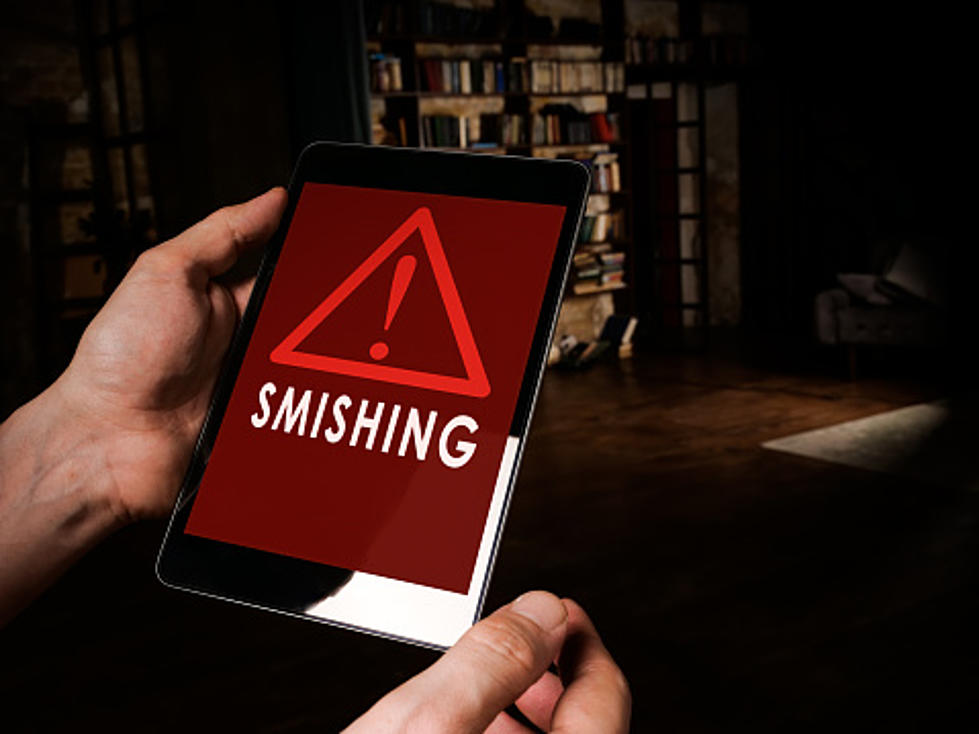
New ‘Smishing’ Scam Comes To Rockford
If you get a text looking like this, look out! It's the new 'smishing' scam that's come to Rockford.
Smishing?
What's 'smishing'?
Smishing "is when a scammer sends text messages to consumers appearing to be from a trusted source." (WILX)
How do we know it's here in Rockford?
Well a friend of mine who lives in Rockford recently received this text.
My friend thought this was fishy, as your bank would most likely call you or send an e-mail to tell you something was wrong with your card. He called the bank directly, not the number on the text, and was told that his card was fine and that text was not from them. He immediately had his bank card changed, not wanting to take any chances that his information was out there.
Yikes that's scary.
The State's Attorney in Michigan has been warning residents there "about the text messaging scam."
Now we're warning you.
Smishing is just like phising but it's done by text instead of e-mail. Their hope is that you "will respond to the text with your personal information or to click on the links that will then install malware, attacking your phone."
According to the WILX article "smartphone users are three times more likely to fall for fake text messages than computer users, therefore text message scams are on the rise but not on the up and up."
Here's how you can spot smishing.
- A text message that appears to be your bank and states there is a problem with your account. A phone number is listed for you to call right away.
- A text message from an unknown sender asking for you to call a number, click on link or respond with personal information.
- A text message that reads: “REAL ROLEX 90% OFF, click here.”
- A text message that says, “click here,” enter “x,” or reply “stop” to opt out of future messages.
Here's how you can prevent smishing from happening:
- Don’t respond to any suspicious numbers. Instead once you report it, delete the text and block the number.
- Don’t share your phone number unless you know the person or organization well.
- Beware of the fine print in user agreements for products or services that may use your phone number, like mobile apps and free ring-tone offers.
- NEVER follow a text’s instructions to push a designated key to opt out of future messages.
- Report scam texts to the Federal Communications Commission online, by phone 888-225-5322; or by mail: FCC Consumer Complaints, 445 12th Street S.W., Washington D.C. 20554.
Wow! Scammers and hackers just won't stop. There's always something.
I hope this never happens to you, but if it does now you know what to do.
More From Rockford's New Country Q98.5









